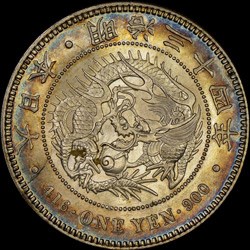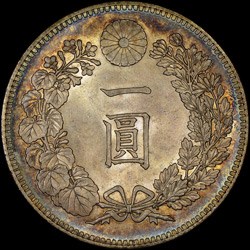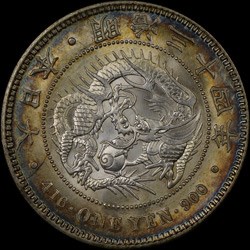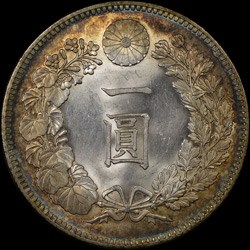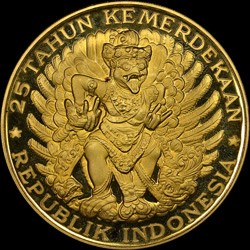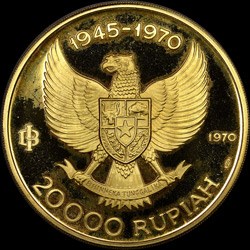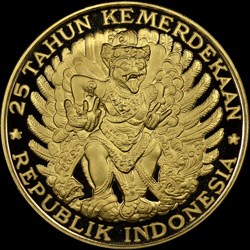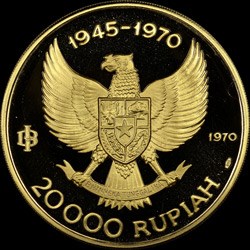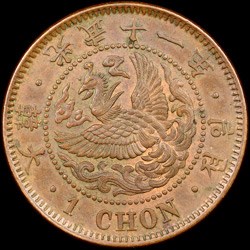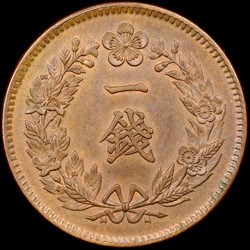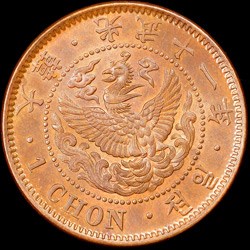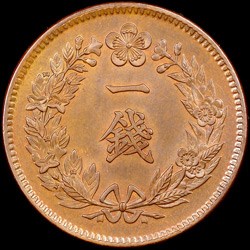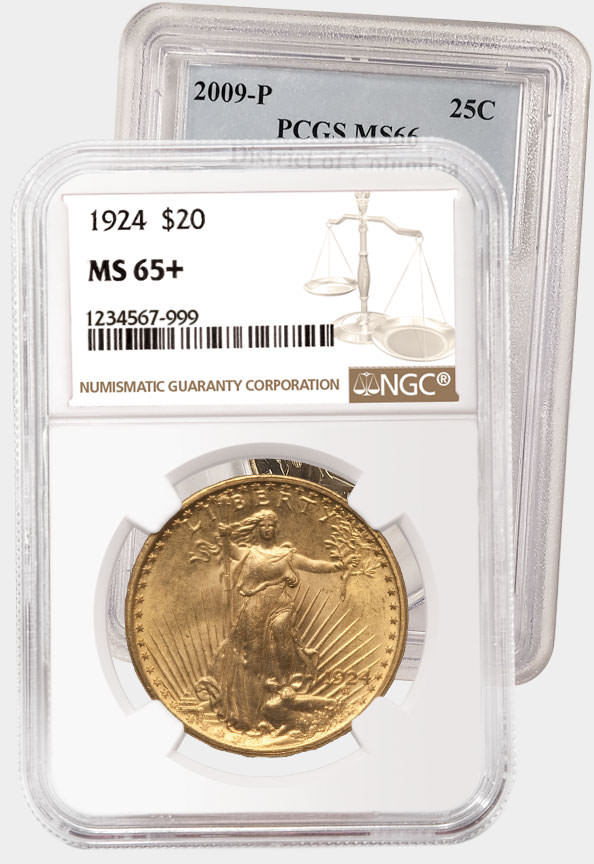NCS Conservation: June Highlights
Posted on 6/12/2018
Numismatic Conservation Services (NCS) uses a variety of proprietary techniques to remove harmful surface contaminants, stabilize and protect a coin's surfaces and, in many cases, improve a coin's eye appeal. After coins are conserved by NCS, they are seamlessly transferred to Numismatic Guaranty Corporation (NGC), an independent affiliate of NCS, for grading and encapsulation.
Below are a few highlights of coins that were conserved by NCS and graded by NGC recently.
This Japanese Meiji 34 (1901) Yen was submitted for NCS conservation. At the center of the obverse was a thick raised residue obscuring both the device and the beautiful rainbow toning on this large silver coin. Residue such as this can develop and begin to corrode the surface metal, leading to permanent damage. Luckily, on this coin the residue had not caused permanent damage and was able to be safely removed, along with a slight PVC haze, while retaining the rainbow toning. The coin was able to grade very well with NGC following conservation.
This 1970 Indonesia gold 20,000 Rupiah was recently sent to NCS to address the red spots and haze that had developed on this large format modern coin. Red spots such as these can develop on the surface of modern and classic gold coins from around the world. Care must be taken when removing residues on a proof coin such as this. After successful removal of the red spots and the residues, this coin was able to grade very well with NGC.
This copper Korean Chon dated KM11 (1907) came to NCS in need of help to remove some heavy green residue and light corrosion on the surface. Focusing on the heavier residue on the obverse, careful conservation work was able to remove the layer of green, leaving a coin with a deep chocolate brown surface to grade with NGC.
For more information about NCS, visit www.NGCcoin.com/NCS.
Stay Informed
Want news like this delivered to your inbox once a month? Subscribe to the free NGC eNewsletter today!
